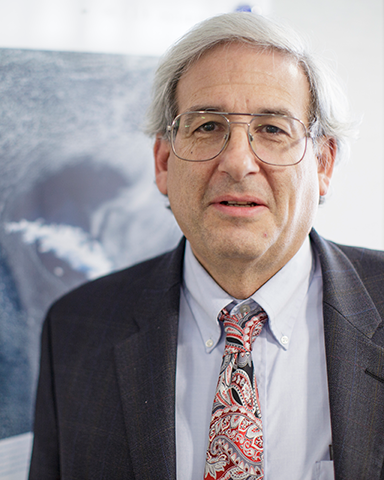UCAR statement on the passing of Trustee Michael Freilich
Freilich was passionate about understanding the interwoven aspects of the Earth system
Aug 10, 2020 - by Staff
Aug 10, 2020 - by Staff

The University Corporation for Atmospheric Research (UCAR) joins its sister institutions and colleagues across the geosciences in mourning the loss of Michael Freilich, a luminary whose passion for understanding the interwoven aspects of the Earth system drove the science forward.
Freilich brought this passion and enthusiasm to UCAR, where he continued to serve on the Board of Trustees this past year, ensuring that UCAR and the National Center for Atmospheric Research (NCAR), which it manages, focused its considerable expertise on better understanding the Earth system as a whole.
UCAR Board Chair Susan Avery said that Freilich was an active and thoughtful member of the community. “While Michael was only beginning his first term on the board, he immediately brought to our discussions his visionary thinking, management prowess, sensitivity in addressing diversity, equity, and inclusion, and his understanding of the extended UCAR community. We will miss his contributions, his wit, and his passion for our science and its application to creating a better world.”
Freilich, who made significant scientific contributions as an oceanographer, was a former head of NASA’s Earth Science Division. Earlier this year, a critical ocean-observing satellite was renamed in his honor. In a video commemorating the renaming, Freilich said, “Earth science is bigger than any particular agency. It’s bigger than any single nation. It’s bigger than any single continent. And I surely hope, because humanity requires it, that we make some significant progress in understanding it.”
UCAR President Antonio Busalacchi, a longtime colleague, said that Freilich’s legacy will continue to live on at UCAR and NCAR, as the organizations move forward with a renewed commitment to undertaking science that addresses some of the world’s most pressing issues.
“Mike’s passing has left a tremendous void in the leadership of Earth science in our country,” Busalacchi said. “He was the recipient of the National Academies’ first two Decadal Surveys for Earth Science and Applications for Space and he tirelessly used these roadmaps to defend, maintain, and guide NASA Earth Science for which we will continue to benefit for decades to come. We will miss his iconoclastic wit and dogged determination in advancing Earth system science. He will never be forgotten.”